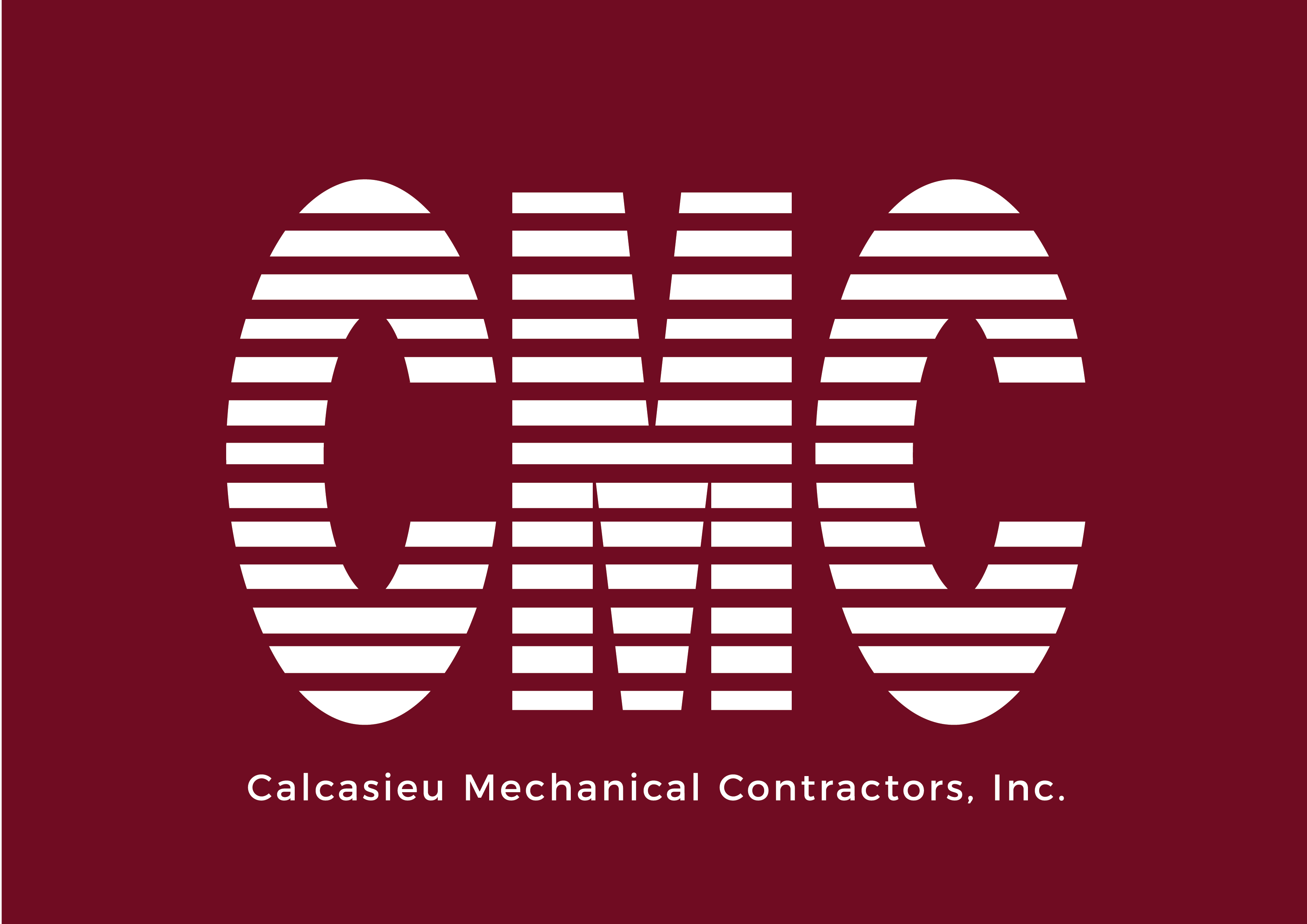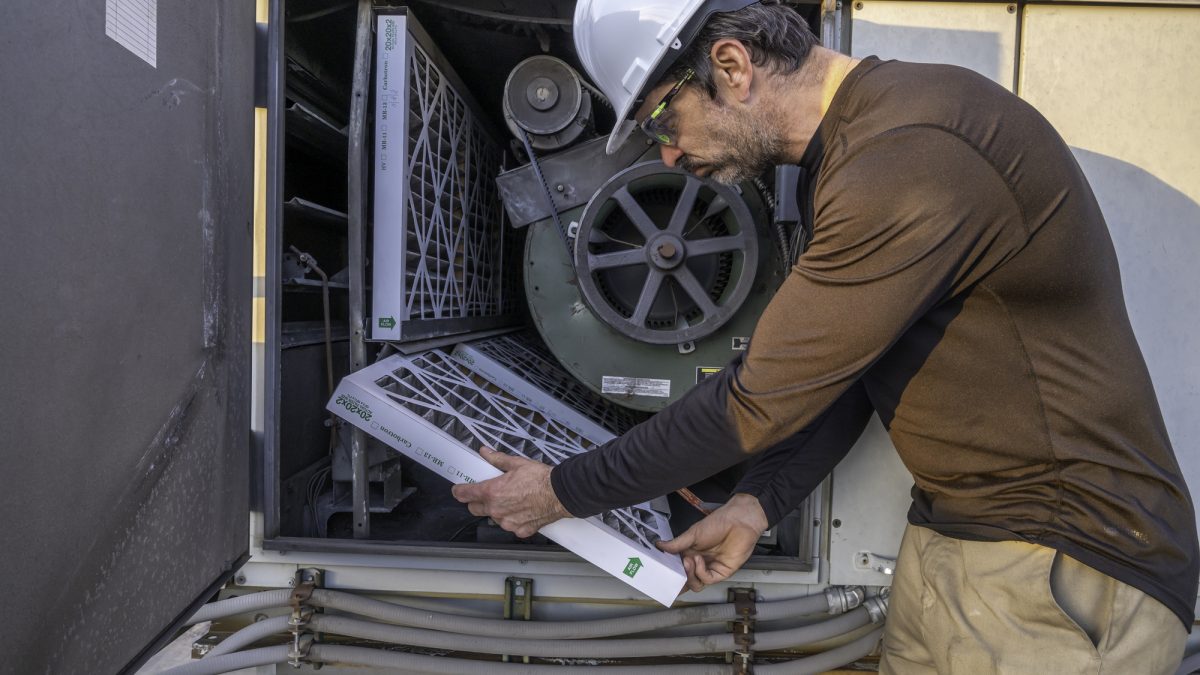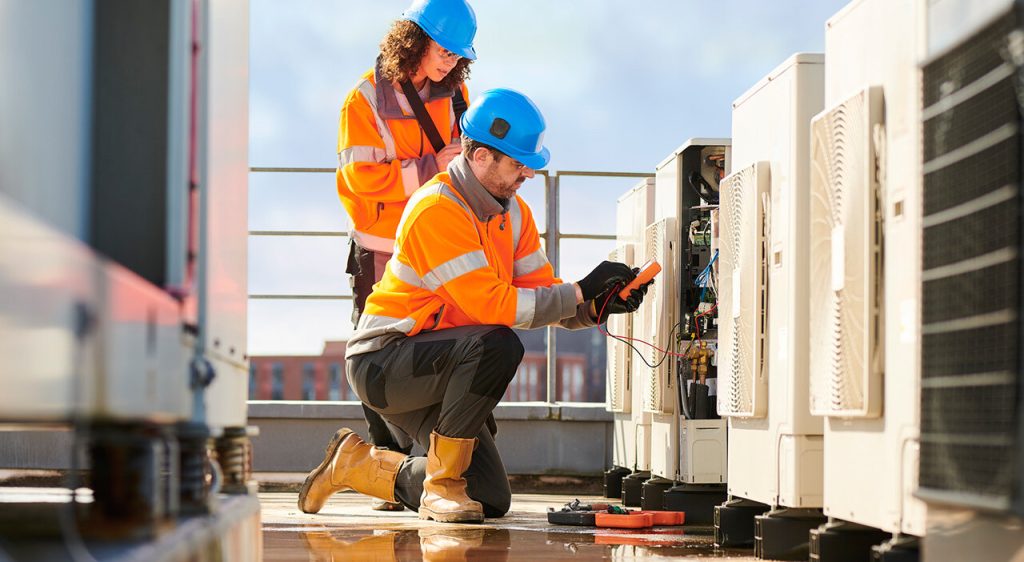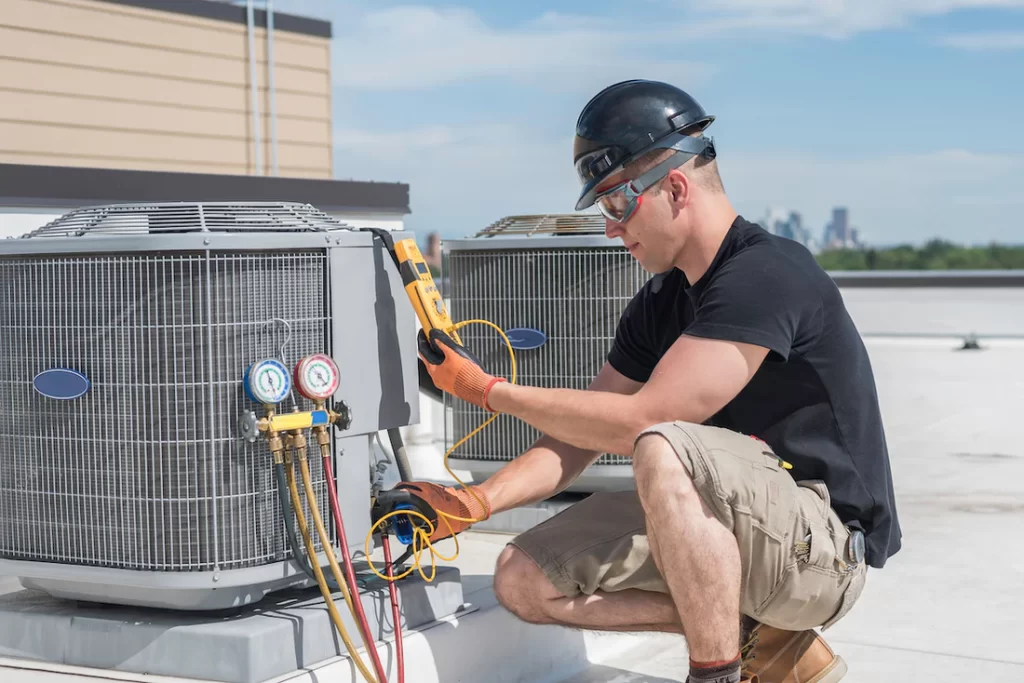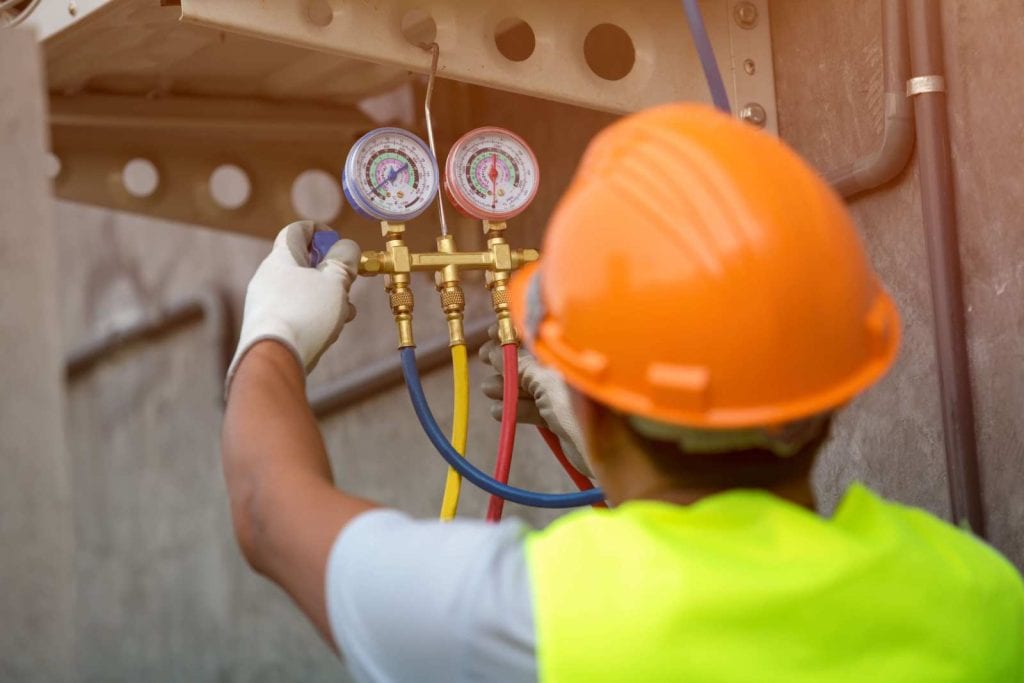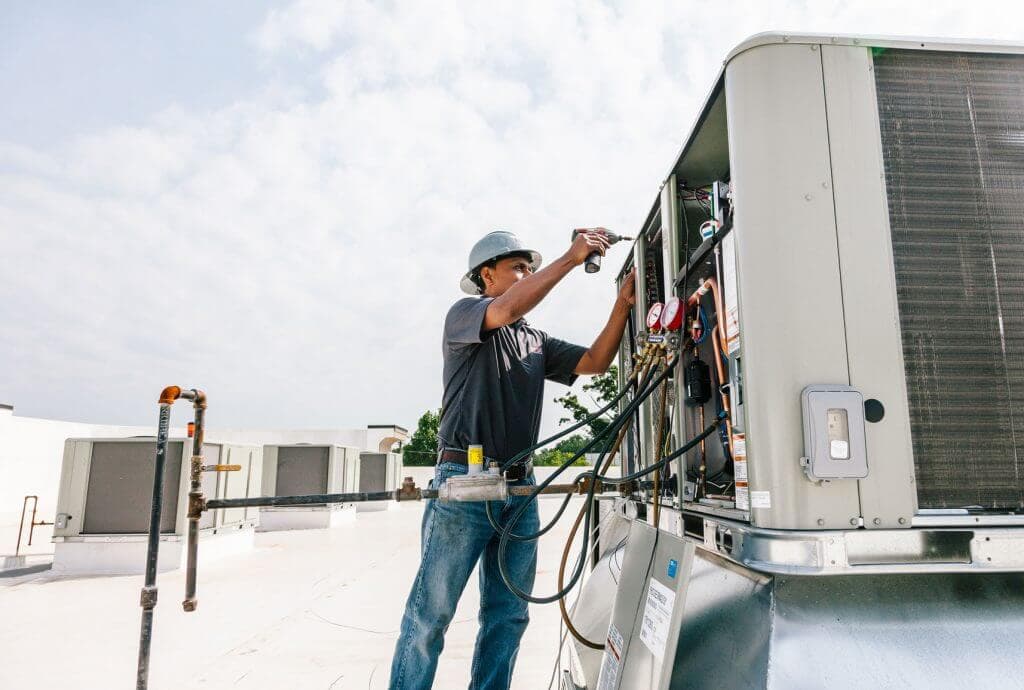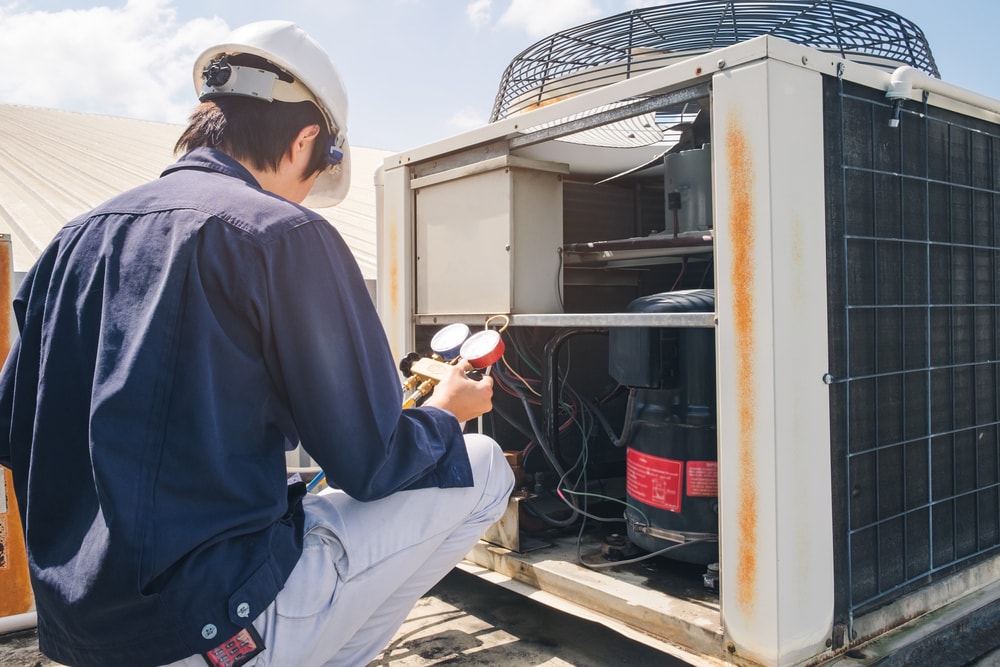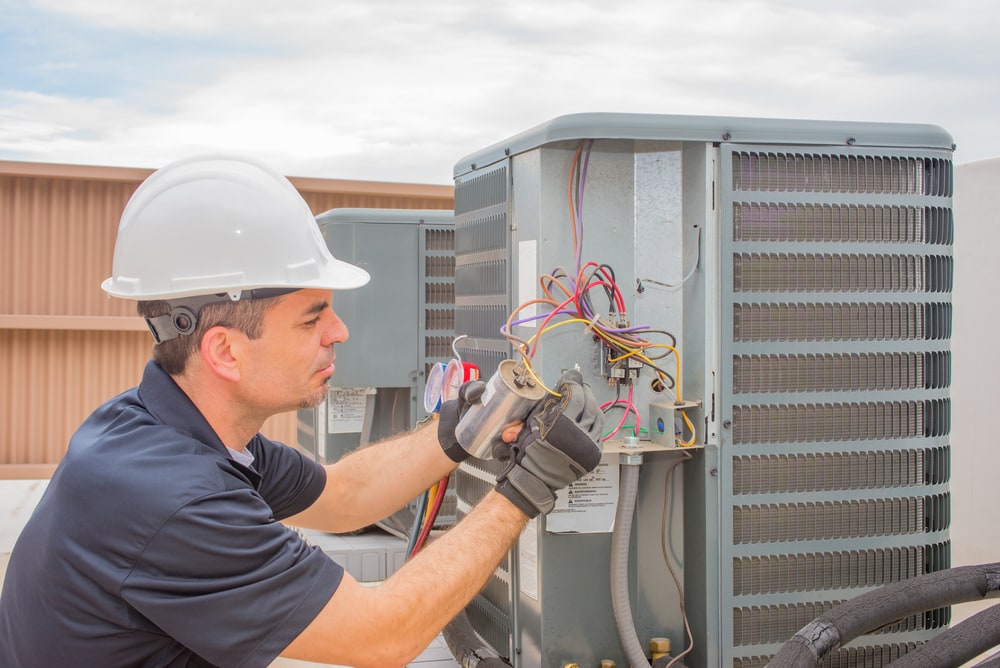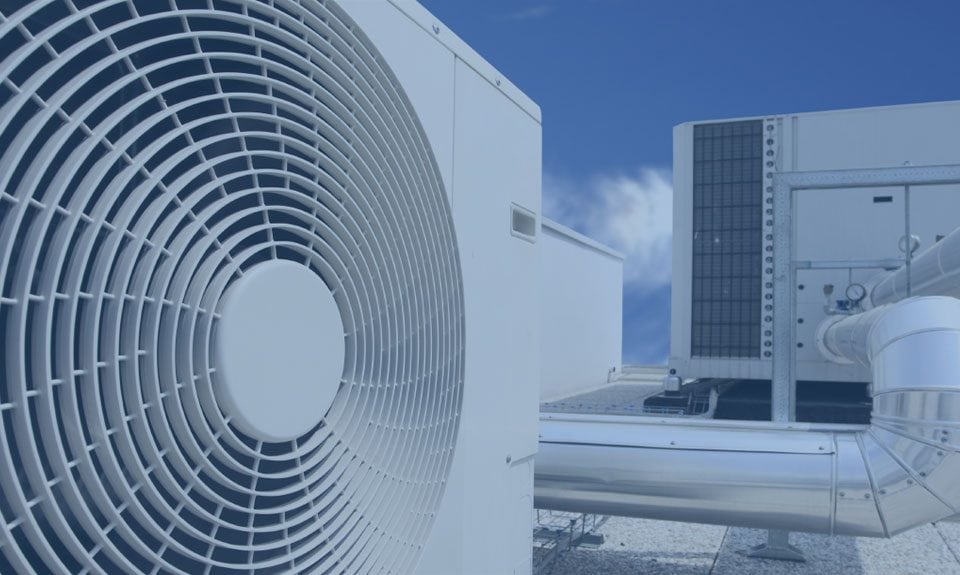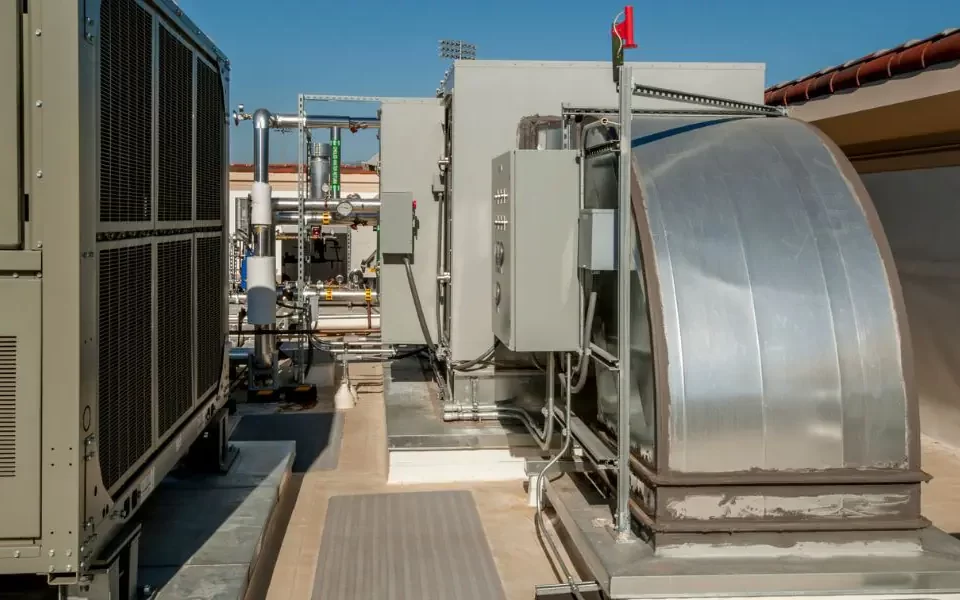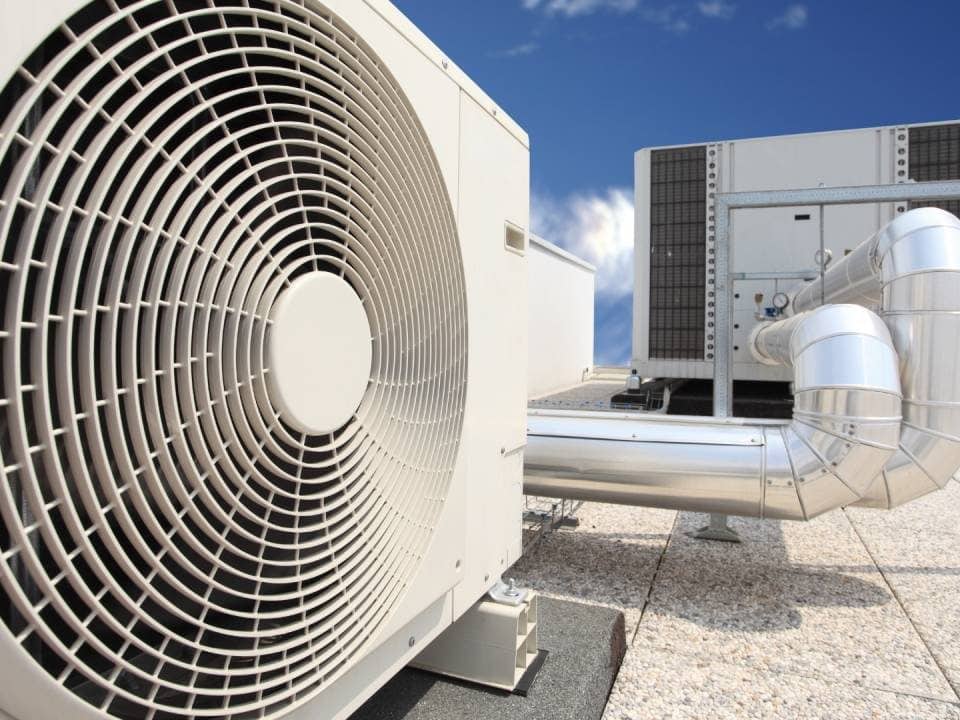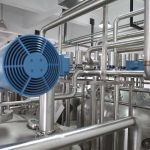
Unraveling the Secrets of Industrial HVAC: Understanding Its Function and Influence
October 17, 2023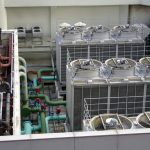
How Long Commercial HVAC Systems Last?
December 8, 2023Have you ever been stuck in a heatwave with no AC? Or shivered through winter nights because your heater gave up the ghost?
We’ve all been there, right?
Enter The HVAC Contractor – the unsung hero who swoops in to rescue us from these extreme weather predicaments. They’re not just repairmen but custodians of our comfort and safety.
In this expedition, we’ll investigate what drives them, how to pick the most suitable one for you, and why standard upkeep is as essential as having an effective system. We’ll also delve into the cost factors involved when hiring one and demystify common problems that need their expertise.
Ready for a deep dive into making smart choices about your home’s heating or cooling systems? Stick around! You won’t regret it!
Table of Contents:
- The Role of an HVAC Contractor
- How to Choose the Right HVAC Contractor
- The Importance of Regular HVAC Maintenance
- Cost Factors When Hiring an HVAC Contractor
- The Process of Installing a New HVAC System
- Troubleshooting Common HVAC Problems
- The Environmental Impact of Your HVAC System
- The Future of HVAC: Emerging Trends and Technologies
- FAQs in Relation to Hvac Contractor
- Conclusion
The Role of an HVAC Contractor
When you need to keep your building’s temperature just right, an HVAC contractor is the professional to call. They’re like superheroes of comfort, fighting against extremes of heat and cold.
Design and Installation
An HVAC contractor doesn’t just fix systems; they design them, too. Using their knowledge about energy efficiency and air quality, these professionals create customized solutions for businesses, big or small. It’s not unlike tailoring a suit – every stitch (or duct) needs to be perfect for it all to work together smoothly.
Beyond design, installing new units also falls under their scope. You wouldn’t want Spider-Man assembling your IKEA furniture, would you? Similarly, getting an expert like Calmech ensures everything gets set up correctly from the start.
Maintenance and Repair
A key role of any HVAC contractor is keeping things running well with regular maintenance checks – like how Batman keeps Gotham safe by patrolling its streets at night.
If problems arise – let’s say your system starts sounding more like The Hulk than a gentle breeze – they are equipped with the tools and know-how needed to get it back on track without causing more damage.
Safety Regulations & Standards Compliance
Last but certainly not least: safety regulations. Like Captain America wielding his shield against threats, good contractors uphold strict standards for installation practices as defined by bodies such as the Air Conditioning Contractors of America (ACCA).
So, whether designing a new system, maintaining an old one, or ensuring safety standards are met – HVAC contractors wear many hats. But they do so to keep your indoor climate comfortable and safe.
How to Choose the Right HVAC Contractor
Selecting a reliable and skilled HVAC contractor can feel like navigating uncharted territory. But knowing what to look for makes this journey more manageable.
Evaluate Experience and Credentials
A good starting point is evaluating their experience and credentials. Ask potential contractors about their years in business; longevity often implies reliability. Also, ensure they hold necessary licenses, certifications, or affiliations with professional bodies such as ACCA (Air Conditioning Contractors of America).
Check References
You wouldn’t hire someone without checking references? The same goes for your HVAC contractor. It’s always beneficial to get feedback from previous customers – they offer honest insights into the company’s work ethic and quality.
Compare Estimates
When it comes down to cost factors, don’t just go for the cheapest option available. Instead, compare estimates from multiple contractors considering aspects beyond price like warranties offered or energy-efficiency of proposed systems.
Inquire About Post-Installation Services
Your relationship with an HVAC contractor doesn’t end after installation. In fact, that’s when it really begins. So, question them on post-installation services, including routine maintenance plans and emergency repairs.
This approach may seem like you’re crossing every ‘t’ twice, but remember: choosing a qualified HVAC contractor ensures optimal comfort at home or your workplace while potentially saving thousands over time by avoiding unnecessary repairs.
The Importance of Regular HVAC Maintenance
Regular maintenance on your HVAC system is like getting an oil change for your car. It’s not something to be overlooked but rather a must for optimal functioning.
Proper upkeep can extend the life of your unit by several years and save you from costly repairs down the line. But there are even more reasons why regular check-ups are crucial.
Better Efficiency Means Lower Costs
An efficient system uses less energy, which translates into lower utility bills. Over time, dust and debris can build up in your HVAC system, causing it to work harder than necessary.
A professional contractor will clean these parts during a routine service visit so that airflow isn’t obstructed. This simple step could reduce energy consumption by 15%, giving you more bang for your buck.
Predict Problems Before They Happen
Nobody likes waking up in the middle of winter to find their heater has given out overnight. Regular maintenance helps identify potential issues before they turn into major problems.
A skilled technician knows what signs to look for – odd noises or unusual wear-and-tear – that might suggest something is about to go wrong with your heating or cooling units.
Fresh Air Quality
Mold growth and circulating allergens? No thanks. A well-maintained HVAC removes harmful particles from the air, ensuring everyone breathes easier at home.
The EPA’s research indicates that the air inside our homes is often much more contaminated than outside air. Regular cleaning of filters and ducts helps keep your family healthy.
In a nutshell, regular HVAC maintenance isn’t just about comfort—it’s about cost savings, peace of mind, and health benefits.
Cost Factors When Hiring an HVAC Contractor
Hiring a professional for your HVAC needs can be a significant investment. The cost isn’t just about the service call but also depends on several other factors.
Type of Service Needed
The nature of the job is one key factor in determining costs. A routine maintenance visit might be less expensive than emergency repairs or installing a new system.
Equipment and Parts Cost
The price of necessary parts can significantly impact the total cost. If you need to replace major components like compressors or heat exchangers, it’ll hit your wallet harder than minor fixes such as replacing filters.
Labor Costs and Time Involved
Labor costs depend not only on hourly rates but also on how long the job takes to complete. For instance, fixing a leaky duct may take less time than troubleshooting more complex issues.
Experience Level of Your Contractor
An experienced contractor might charge more because they bring years of knowledge and expertise that could save you from future headaches. But remember: quality work often proves cheaper in the long run by avoiding frequent repairs down the line.
This isn’t meant to scare you away from hiring professionals when needed; rather, it’s essential information so that there are no surprises once bills start rolling in. Being informed helps make sure you get good value out of your hard-earned money while keeping a comfortable home environment all year round.
The Process of Installing a New HVAC System
Swapping out aged components for fresh ones isn’t all needed to install a new HVAC system; it requires meticulous preparation, exact implementation, and scrupulous attention to detail. A complex operation requiring exactitude, a well-thought-out plan, and acute attention to detail is what it takes to install a new HVAC system.
Initial Consultation and Planning
Your journey starts with an initial consultation where the contractor assesses your space and identifies your specific needs. This stage is crucial because it helps tailor the right system for you, considering factors like building size, climate conditions, and energy efficiency goals.
Picking Out Your New System
Once we have a clear understanding of your HVAC needs, we can provide you with the best system for your unique situation. Various types are available – from traditional split systems to more advanced options like geothermal heat pumps. We’ll give recommendations based on your unique requirements.
The Installation Phase
We then start installing the chosen unit using our specialized tools and expertise. Our team ensures everything is fitted perfectly – there’s no room for error here. We’re not done until every component works seamlessly together, creating optimal comfort levels.
Tuning & Final Checkup
To finish up, we fine-tune all settings, ensuring maximum performance from day one and doing final checkups so nothing gets overlooked. You get peace of mind knowing each step was handled by a team of professionals HVAC Installation Quality.
That’s the Calmech way – we make sure you’re not just getting an HVAC system but a well-installed one that’s built to last.
Troubleshooting Common HVAC Problems
Experiencing an issue with your HVAC system can be frustrating. But before you call a professional, it’s worth taking a few minutes to try some simple troubleshooting.
Airflow is weak or non-existent
If you’re not feeling much air coming from your vents, the problem might be as simple as changing a dirty filter. Filters should typically be replaced every 90 days, according to Energy.gov. If that doesn’t fix things, blocked ducts could also cause poor airflow.
Your System Isn’t Cooling Properly
It’s hot outside, and your AC isn’t providing relief? Check the thermostat to ensure it is correctly set, then verify that all windows and doors are closed securely. Next up: make sure all windows and doors are closed tightly – this sounds obvious but you’d be surprised how often it’s overlooked.
Loud Noises Coming From Your Unit
The noisy operation can indicate issues ranging from loose parts to motor problems. A bit of detective work may help here; use our guide on diagnosing HVAC noises.
Remember: while these tips will help solve minor issues, they’re no substitute for regular maintenance by trained professionals like us at Calmech. Reach out to us without delay if you require assistance.
The Environmental Impact of Your HVAC System
Be aware that your HVAC system may have an effect on the environment. It’s true. These systems use energy and, depending on how they’re maintained, could contribute to greenhouse gas emissions.
A poorly maintained HVAC system uses more energy than necessary. This not only hits your wallet but also our planet because most electricity in the U.S. is generated by burning fossil fuels, which release carbon dioxide into the atmosphere.
Energy Efficiency and Your Carbon Footprint
Ensuring your HVAC system is running efficiently can help reduce its environmental impact. A well-maintained unit uses less power, leading to lower CO2 emissions from burning fewer fossil fuels for electricity generation.
Besides this direct effect, an efficient air conditioning or heating setup may even help mitigate urban heat island effects – when city temperatures rise due to human activities – according to a study published in Scientific Reports journal.
Coolants: A Hidden Environmental Hazard?
Your HVAC isn’t just about heating; it cools. But did you know that some cooling agents used in these systems are potent greenhouse gases themselves? The commonly used HFCs (hydrofluorocarbons) have high Global Warming Potential (GWP), which traps much more heat per molecule than CO2. That’s why it’s essential to make sure any leaks are promptly fixed.
But there’s more. The industry is gradually shifting towards eco-friendly alternatives, like EPA-approved refrigerants with lower GWP. Upgrading to a system that uses these can be another step in reducing your HVAC’s environmental footprint.
The Role of Regular Maintenance and Green Practices
You might think, “Great. But what can I do?” Well, regular maintenance by an experienced contractor ensures your system runs efficiently, using less energy. This can not only benefit the planet, but it will also cut down on your electricity costs.
Let’s continue our discussion.
Key Lesson:
Your HVAC system’s environmental impact can be significant, but you have the power to reduce it. Regular maintenance ensures efficient energy use and lessens greenhouse gas emissions. Additionally, eco-friendly refrigerants in your cooling system can make a big difference. In short, take care of your HVAC, save money, and help our planet.
The Future of HVAC: Emerging Trends and Technologies
With the rapid advancement in technology, the field of heating, ventilation, and air conditioning (HVAC) is not left behind. But why does this matter? It means a greener future with more efficient systems.
High-efficiency systems, for example, are changing how we heat and cool our spaces. They use less energy, which translates to lower utility bills. Who wouldn’t want that?
Let’s look at some emerging trends:
- Smart Thermostats: These devices learn your schedule and preferences to optimize temperature settings when you’re home or away – talk about personalization.
- Solar-powered HVAC Systems: With rising awareness of climate change issues, solar-powered units help reduce carbon footprints by using renewable energy sources.
- VRF Technology: Variable Refrigerant Flow (VRF) systems offer flexible solutions because they can provide both cooling and heating simultaneously from one system – efficiency at its best.
Apart from these technologies, there’s also improved indoor air quality. Newer models have advanced filtration capabilities, making them capable of removing allergens like pollen or dust mites.
Beyond comfort levels indoors, though, what else could be so exciting about these developments? Consider the effect your selection of an HVAC system can have on our planet. By embracing energy-saving systems such as high-efficiency equipment and renewable energy sources, we can help reduce the emission of greenhouse gases.
So, with the emergence of these trends and technologies, it’s clear that HVAC contractors like Calmech must stay updated. Not only to stay up-to-date but also for the purpose of achieving cost savings while contributing to environmental protection, these new trends and technologies offer us practical solutions.
FAQs in Relation to HVAC Contractor
Who is an HVAC contractor?
An HVAC contractor is a professional who installs, fixes and maintains heating, ventilation, and air conditioning systems in buildings.
What is HVAC in construction?
In construction, HVAC refers to the system design that manages indoor climate for comfort and health – it covers heating, cooling, and ventilation.
Do HVAC companies make money?
Absolutely. By offering services like installation, repair, or maintenance of heating & cooling systems. Plus, there’s always demand because of seasonal changes.
What is the HVAC contract?
An HVAC contract is a written agreement between you and your chosen service provider outlining terms for work on your home’s heat or AC system.
Selecting an HVAC specialist doesn’t have to be daunting. With our guide, you can now select the right HVAC contractor for your requirements. Maintenance is crucial. It’s not just about owning an efficient system but keeping it running smoothly with regular checks by a professional. Costs can vary, but knowing the factors involved helps set expectations when hiring one of these experts. Understanding common problems gives you a head start in troubleshooting before calling in help. Your HVAC system impacts more than just comfort—it also affects our environment. Making smart choices leads to eco-friendly practices that benefit everyone! The future of HVAC holds exciting possibilities! Emerging trends and technologies will continue influencing contractors’ work—staying informed keeps us ahead of the curve!
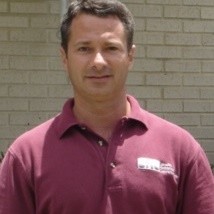
Hailing from the picturesque town of Lake Charles, Louisiana, Jim Blanchard stands as an exemplar in commercial HVAC installation and services. As President of Calcasieu Mechanical, he has leveraged his deep industry knowledge and innovative strategies to establish the company as a leading regional service provider. Under Jim’s leadership, Calcasieu Mechanical has expanded its portfolio of high-quality services and earned the trust and respect of businesses throughout Louisiana. The company’s commitment to excellence, reflected in its endeavors, stems from Jim’s dedication to ensuring every project meets and exceeds client expectations.
